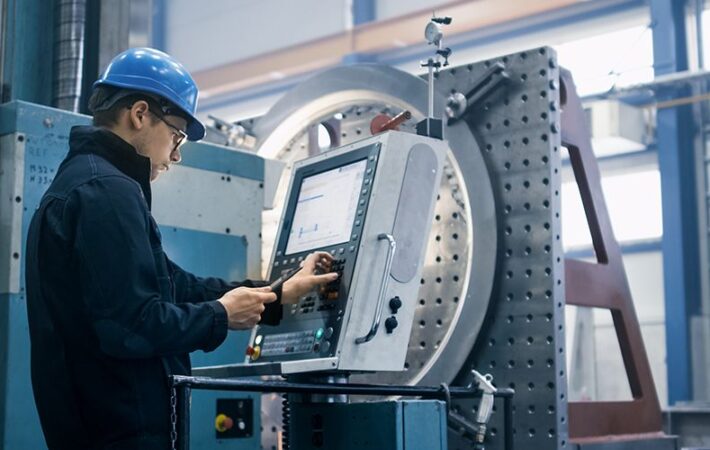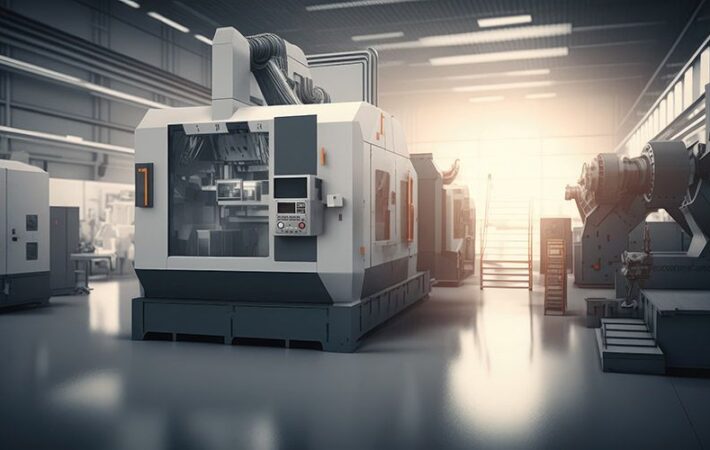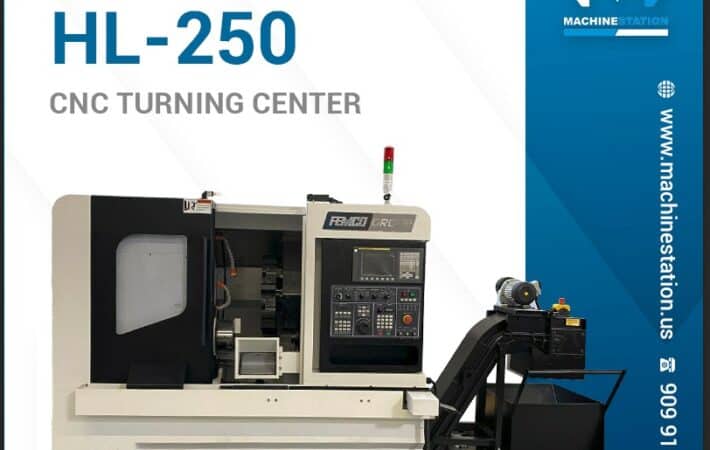The IRS Section 179 deduction is a valuable tax break that can be used by some companies to write off certain qualifying equipment and software purchases. This can provide significant tax time savings for companies, so it’s important to understand the details of how this deduction works. In this article, we’ll discuss how the IRS Section 179 deduction can benefit your business. We’ll also highlight some of the key eligibility requirements and guidelines to keep in mind when claiming this deduction.
What is IRS 179, and how does it work for businesses?
IRS Section 179 can be used by large or small US-based businesses to deduct the cost of certain property and equipment purchases. The deduction is available for both new and used equipment, and it can be taken in the year that the equipment is placed in service. In order to qualify, the property has to be used for business purposes, and it must remain in service, under your ownership, for at least one year. The deduction is subject to certain limitations, but it can be a valuable tool for businesses looking to invest in new software, tools, and equipment. When used correctly, IRS Section 179 can help companies to save money on their taxes and reinvest in their business.
How can businesses take advantage of the tax deductions available through this section of the IRS code?
The deduction is available for a wide range of business-related purchases, including software, office furniture, industrial machinery – even commercial heating and cooling units – as long as it’s used for business purposes more than 50% of the time. New or used equipment both qualify for the deduction. So do leased items, as long as you are the one making payment on the lease (i.e., not a sublease).
The maximum amount that can be deducted is $1,000,000. So if your business spends $2 million on eligible equipment purchases, only $1 million (the first million dollars) will qualify for the Section 179 Deduction. Also, keep in mind that the $1 million limit is reduced dollar-for-dollar if your eligible equipment purchases exceed $2.5 million in a single tax year. In other words, if your business buys $3 million worth of qualifying equipment, only $750,000 will be eligible for the special depreciation deduction (the first $2.5 million multiplied by 50%).
In years past, businesses could only deduct a small portion of their equipment costs each year through what’s called “depreciation.” Depreciation is used to spread out major capital expenditures over several years so that businesses don’t have to write off everything at once – but it doesn’t do them any good in the current year when they need it most! The advantage of taking advantage of Section 179 instead is that your business gets an immediate tax deduction for 100% of those significant capital expenditures in the current year when you need it!
Depreciation may still be the way to go for some businesses or certain financial situations. But for many companies, taking advantage of Section 179 can lead to substantial savings in the year that a qualifying product was purchased. That makes it advantageous to decide if now is the time to make that major purchase you’ve been thinking about.
What are some of the qualifying expenses that can be written off under Section 179?
According to the IRS, section 179 allows businesses to deduct the cost of certain property and new or used equipment purchases. This includes not only the purchase price of the item but also any shipping or installation costs associated with it. Eligible property and equipment includes items such as machinery, vehicles, office furniture, and computers.
In order to qualify for the deduction, the property must be purchased and also placed into service during the tax year for which you are claiming the deduction. Additionally, businesses must file Form 4562 with their tax return in order to be allowed to claim the deduction.
[/fusion_text][/fusion_builder_column_inner][/fusion_builder_row_inner][fusion_text columns=”1″ column_min_width=”” column_spacing=”” rule_style=”” rule_size=”” rule_color=”” hue=”” saturation=”” lightness=”” alpha=”” content_alignment_medium=”” content_alignment_small=”” content_alignment=”” hide_on_mobile=”small-visibility,medium-visibility,large-visibility” sticky_display=”normal,sticky” class=”” id=”” margin_top=”” margin_right=”” margin_bottom=”” margin_left=”” fusion_font_family_text_font=”” fusion_font_variant_text_font=”” font_size=”” line_height=”” letter_spacing=”” text_transform=”” text_color=”” animation_type=”” animation_direction=”left” animation_speed=”0.3″ animation_offset=””]
Are there any restrictions on who can use Section 179, and what kind of businesses are not eligible to participate in the program?
In order to qualify for the deduction, there are several essential eligibility requirements that must be met. First, the equipment must be purchased or leased before December 31st and placed into service no later than midnight on December 31st. Secondly, the equipment must be used for business purposes at least 51% of the time.
If your company meets these two requirements, you may be eligible to take this deduction. However, it’s important to note that this deduction is only available for new or used equipment; it cannot be applied to buildings or land.
Section 179 of the IRS code offers businesses a way to deduct the cost of certain kinds of property on their taxes. However, there are some types of businesses that cannot take advantage of this deduction. For example, section 179 does not apply to certain types of equipment used in oil and gas extraction or to utility transmission and distribution property. In addition, section 179 does not apply to livestock or real estate. As a result, businesses must carefully consider whether they are eligible for the deduction before claiming it on their taxes.
Finally, please keep in mind that while the Section 179 deduction may save your business a considerable amount of money, it is still a tax deduction and not a grant or rebate. However, to take the deduction, you will need to be able to purchase the equipment upfront (or secure appropriate financing); you cannot deduct an amount that you cannot pay.
What should business owners do if they have questions about how Section 179 can benefit their company?
Any business owner looking to take advantage of the Section 179 deduction should first consult with their accountant or financial advisor. This deduction can be complex, and there are several factors that need to be considered in order to maximize its benefits. For example, businesses will need to decide which property is eligible for the deduction and whether they want to deduct the total cost in the current year or spread the deduction out over a period of time. Additionally, businesses will need to keep track of their expenses to have accurate documentation if audited by the IRS. By working with a professional, business owners can ensure that they are taking advantage of this deduction in the most beneficial way possible.
Section 179 of the IRS code provides businesses with a tax deduction for certain expenses, including equipment and software. Taking this deduction can be a great way for your business to save money on taxes, but it’s essential to know the specifics of the program before taking advantage of it. Qualifying expenses must be related to business or income-producing activity, and, as mentioned, there are some restrictions on who can use the deductions.
If you’re considering using Section 179 deductions for your business, it’s important that you talk to your accountant or financial advisor to see if now is the right time to purchase a major piece of equipment.
If you’re in the market for an industrial metal manufacturing machine, we are a one-stop shop for your CNC machine needs. Not only will our knowledgeable sales team guide you through the purchase process, but our experienced team of engineers will be available after your purchase to answer any questions and help support you as you get your new purchase up and running.
Make sure that you subscribe to our newsletter in order to get notifications of new machines as we bring them onto the sales floor, and of any auctions, special sales, or other events we may be having!






